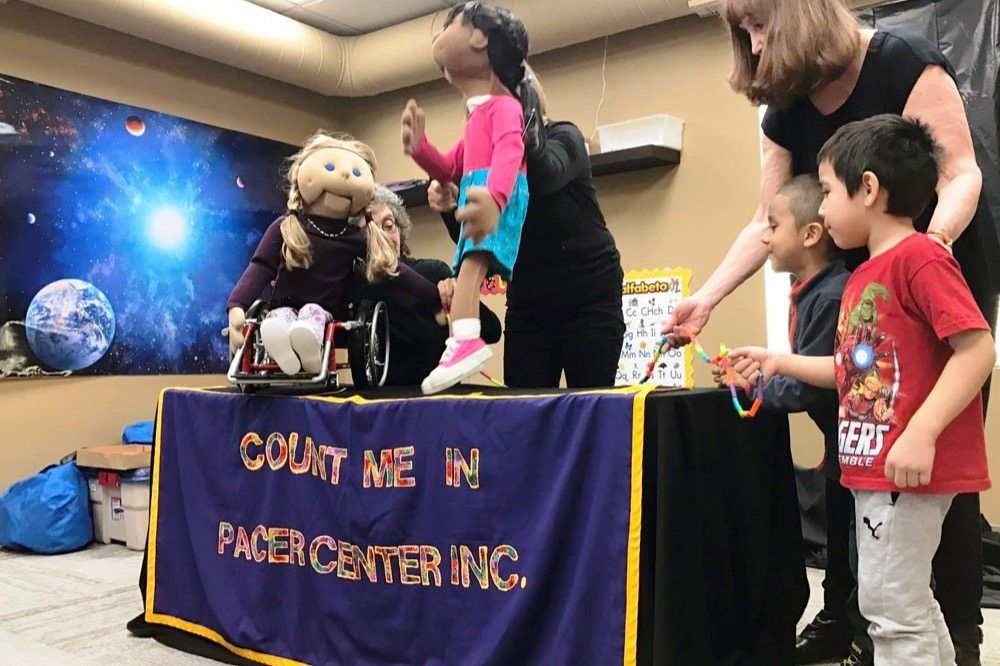


Try to use clear, respectful language when talking about someone with disabilities. For a younger child, keep explanations simple, such as, "She uses a wheelchair because a part of her body does not work as well as it could". Just as you guided your very young child when he or she began to befriend others, you can encourage your child to learn about and be a friend to children who have disabilities.
Builds Up their Immune System:
It’s no surprise that many children that are raised on, or around, a farm are generally healthier than those that aren’t. This is because on a regular basis these children are exposed to dirt, animals, pests, bacteria and everything else that send modern-day parents running. While we like to think that dirt, animals, pests and bacteria do more harm than good it’s actually the opposite. When your children come into contact with these things in a natural way (outside) and on a regular basis, they are less likely to develop autoimmune disorders and allergies.
Provides Exercise:
Playing outside provides children with something many children don’t get enough of anymore – exercise. Exercising while having fun is the best kind of exercise, and that’s exactly what playing outside does. Riding bikes, playing tag with friends, building a snowman, sledding, having snowball fights and other outside activities get our children’s bodies moving…something most video games can’t do.
Stimulates the Imagination:
Sadly, one of the things that today’s children are lacking is an imagination. This is because we’re in the technological age – today children are literally shown everything. Why go outside and play cops and robbers when we can watch a movie about it or play a video game? Playing outside helps children develop their imagination, which is something that television, video games, computers, iPods, etc. don’t do.
It Promotes Problem Solving Skills:
Children who play outside learn how to solve real life problems better than children who are always in their rooms playing video games or secluding themselves. Regardless of if they’re learning how to get along with friends or trying to figure out the best way to build a fort – they’re problem solving.
It Provides Vitamin D:
It’s important that your children get Vitamin D, which is provided by the sun. Vitamin D helps promote better moods, energy levels, memory, overall health and more. Just 10-15 minutes out in the sun will give your children their daily dose of Vitamin D.
It doesn’t matter if it is summer or winter outside, your children need everything listed above and playing outside is a great way to get them all at once! Obviously, if it’s blizzard-like conditions outside, your children should stay inside, but if it’s nice outside then bundle the kids up and let them play for half an hour or so.
